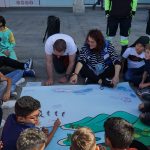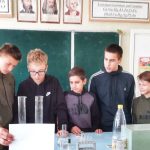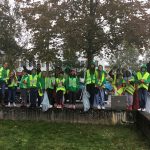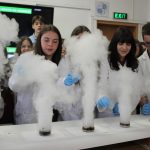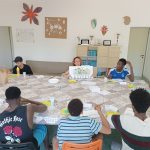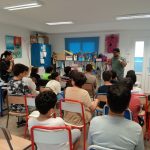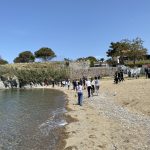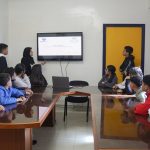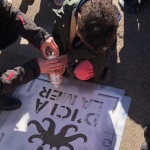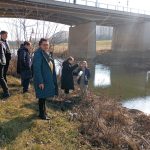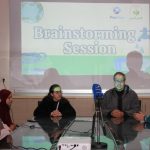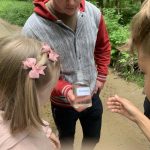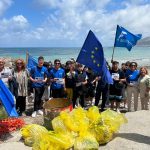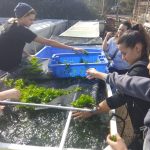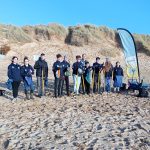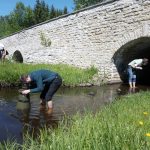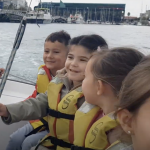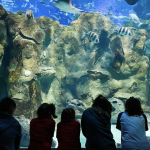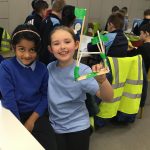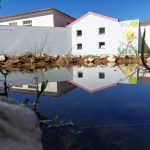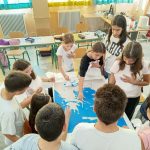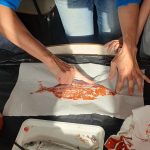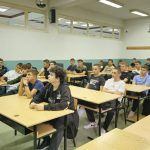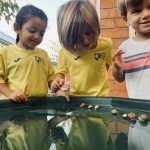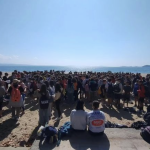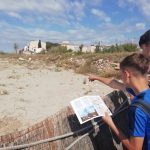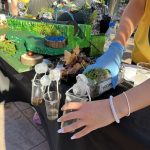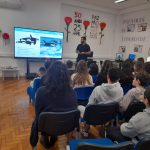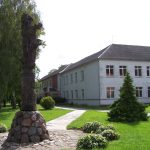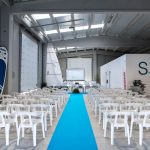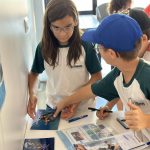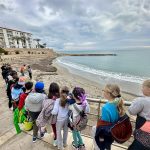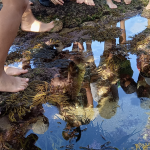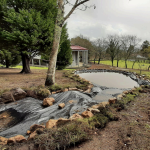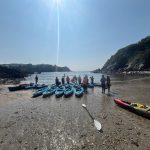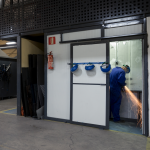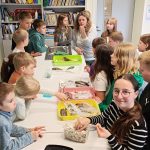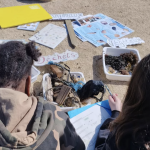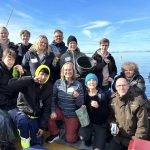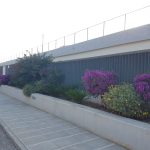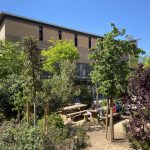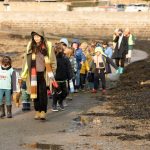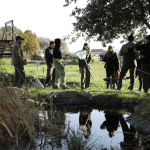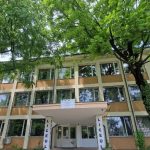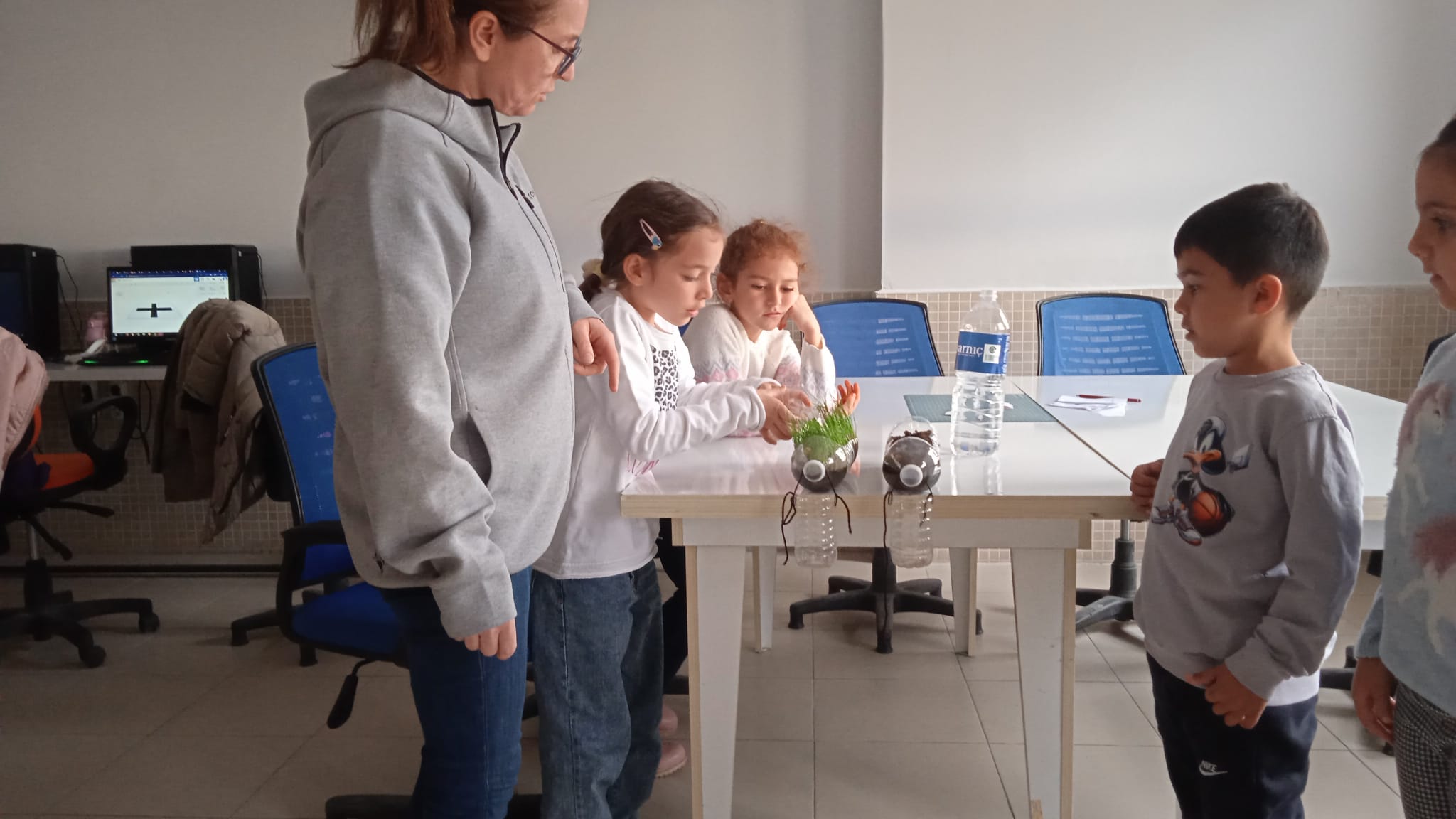
Konya, Turkey
4th FUNDING CALL
Objectives
The Konya Eregli Science and Art Center has launched a six-month project titled “Blue Trace: Protect the Waters, Live the Future”. The initiative aims to enhance students’ water literacy and raise their awareness of marine and freshwater ecosystems. The project will involve students in hands-on scientific and creative activities, including data collection from local water sources and designing solutions for water pollution. The school will also share its findings and educational materials with the local community and other schools to promote sustainable water practices.
The project has several key objectives:
- Enhance students’ knowledge of freshwater and marine ecosystems.
- Promote responsible attitudes and behaviors toward water sustainability.
- Involve students in citizen science activities such as water testing and data collection.
- Encourage innovative thinking by designing solutions to reduce plastic and micro-pollution.
- Raise community awareness through student-led campaigns and events.
- Develop reusable teaching resources and student-created content promoting water protection.
Activities and Collaborations
The project is structured around four main activities:
- “Water Detectives – Local Water Monitoring with Citizen Science”: Students aged 12-15 will monitor local water sources (lakes, streams, or wells) using citizen science tools to measure parameters like pH, turbidity, and temperature. Data will be collected and uploaded to a school database. Science and geography teachers, along with a guest speaker from a local environmental NGO, will be involved.
- “STEM for Solutions – Designing Water-Friendly Innovations”: Seventh and eighth-grade students will use tools like Tinkercad to design and 3D-model prototypes for eco-friendly solutions, such as water filters or plastic waste catchers. The models will be 3D printed and displayed at a school fair. This activity will be led by a STEM team and an ICT teacher.
- “Blue Citizens Campaign – Sharing the Message”: All students, with support from Turkish and visual arts teachers, will create awareness materials such as posters, infographics, and videos about the importance of protected waters. The campaign will be shared in school and online to reach peers and families.
- “Open Water Knowledge Hub”: Students and teachers will compile all project data, prototypes, and campaign materials into a digital resource pack for open access. This hub will be shared with other schools and through the ProBleu’s catalogue.
The project will collaborate with two other schools in the district, inviting students to participate in the exhibition and contribute to an art and infographic competition. The school will also work with a local environmental NGO, which will provide seminars to the students on water protection and microplastic pollution. The district municipality environmental directorate will also be contacted to seek support and information on local water resources.
Expected Outputs and Impact
The project will produce a variety of educational materials, digital resources, and documented outputs in both Turkish and English. These include:
- Educational Materials: Curriculum-integrated lesson plans, student worksheets, and a digital teacher handbook.
- Student-Created Content: Digital posters, 3D prototype visuals, and videos of community campaign speeches.
- Scientific Data Outputs: A simplified, open-access dataset of water quality measurements from local sources, visually summarized with graphs and charts.
- Project Documentation: A newsletter, a final impact report, and reports from collaborative activities with external stakeholders.
The project’s impact will be far-reaching, directly engaging approximately 60 students and indirectly involving the remaining 116 students in the school. By sharing open-access resources and collaborating with other schools and organizations, the project aims to inspire the replication of these water literacy practices and support knowledge transfer to a wider audience. The school also plans to use platforms like eTwinning to connect with schools in other European countries. The project will operate with carbon-neutral practices, such as using digital materials to reduce paper and encouraging walking or cycling for fieldwork.



